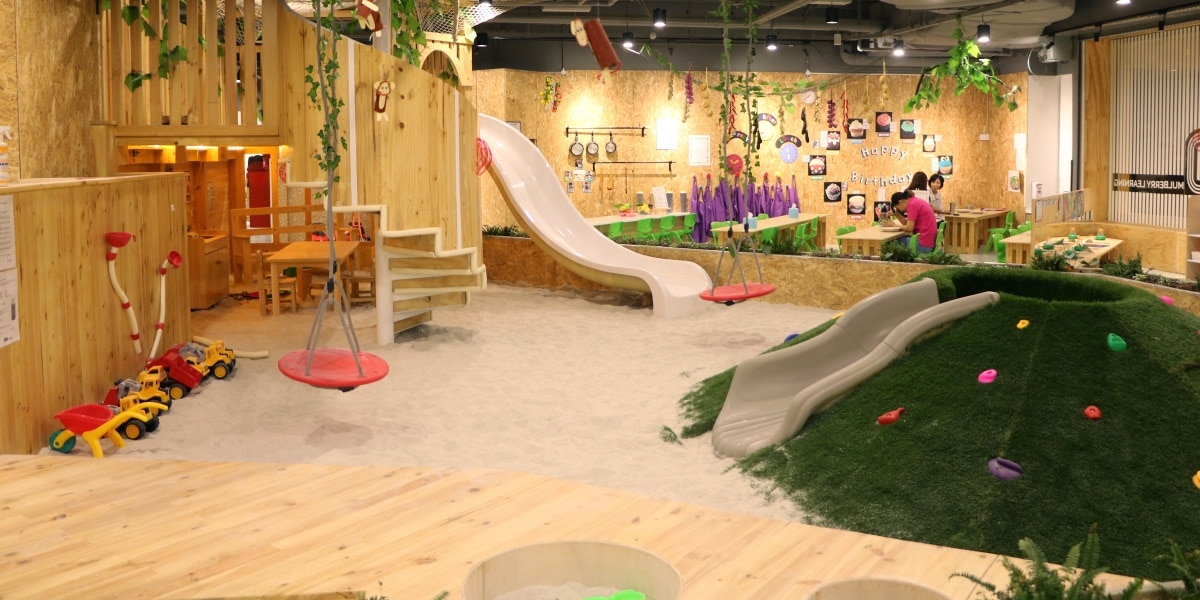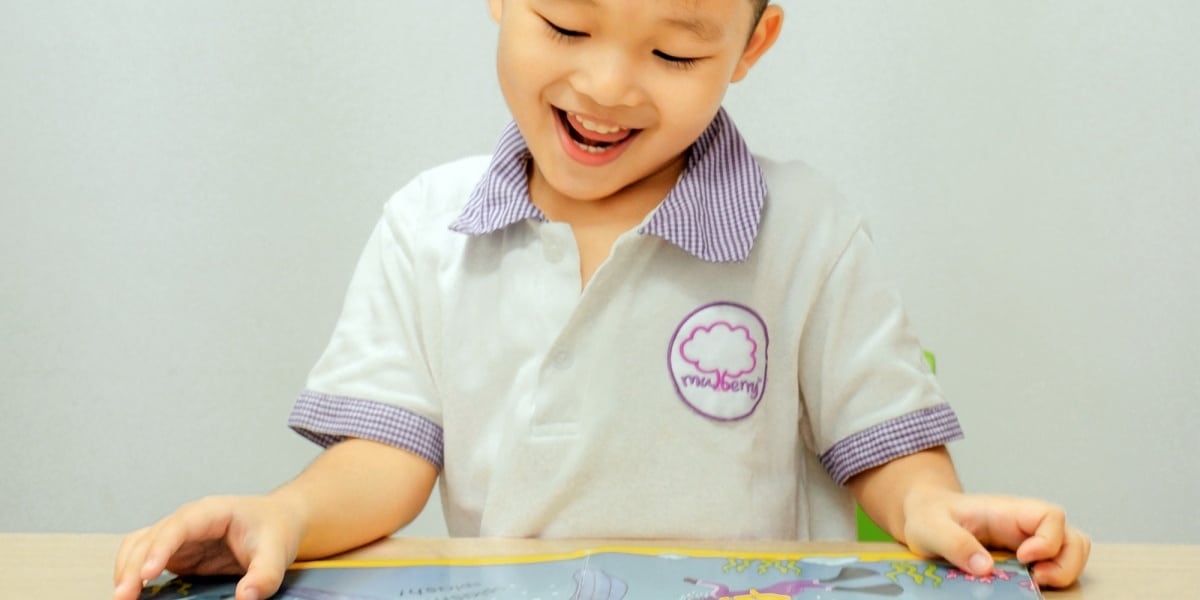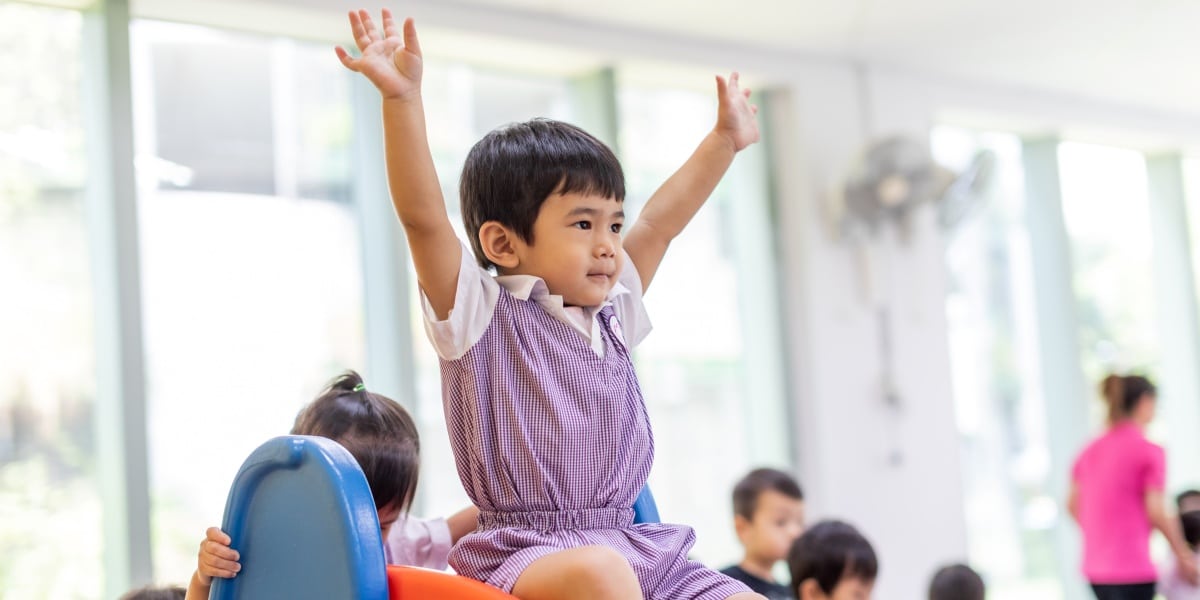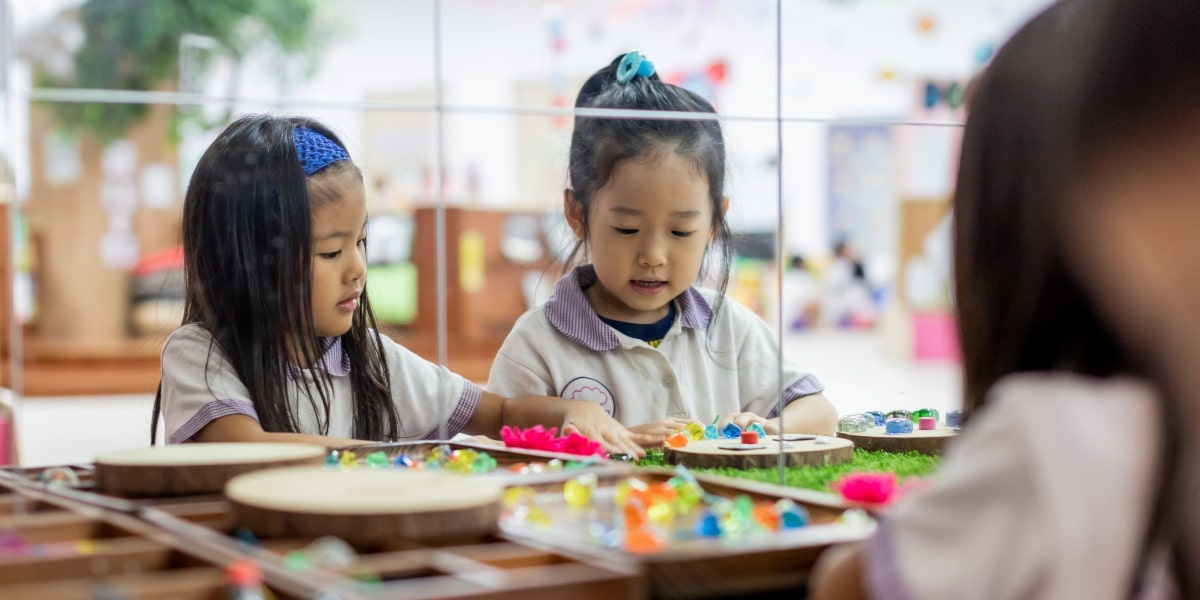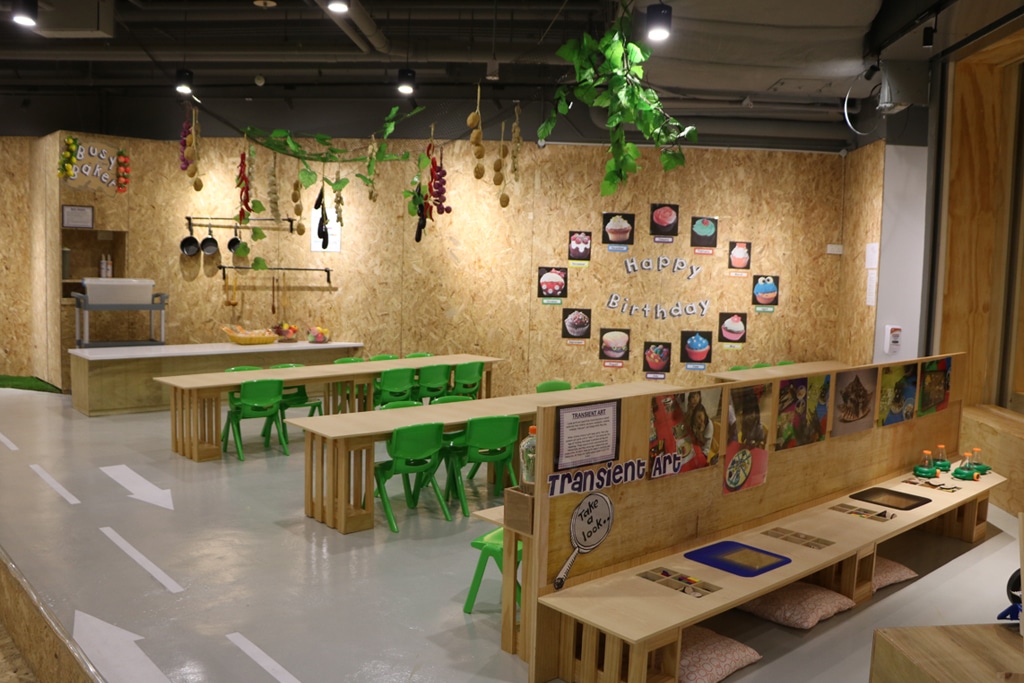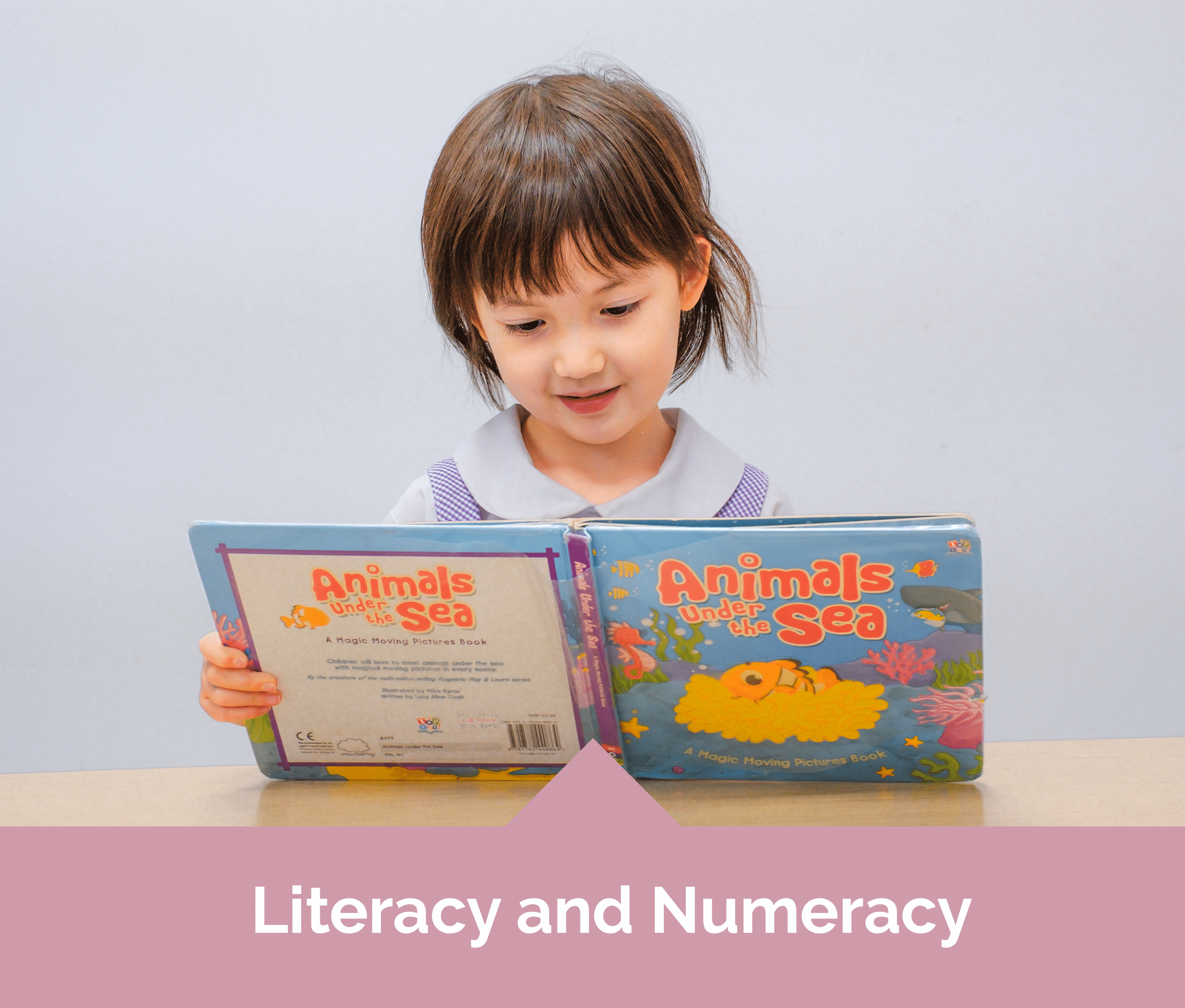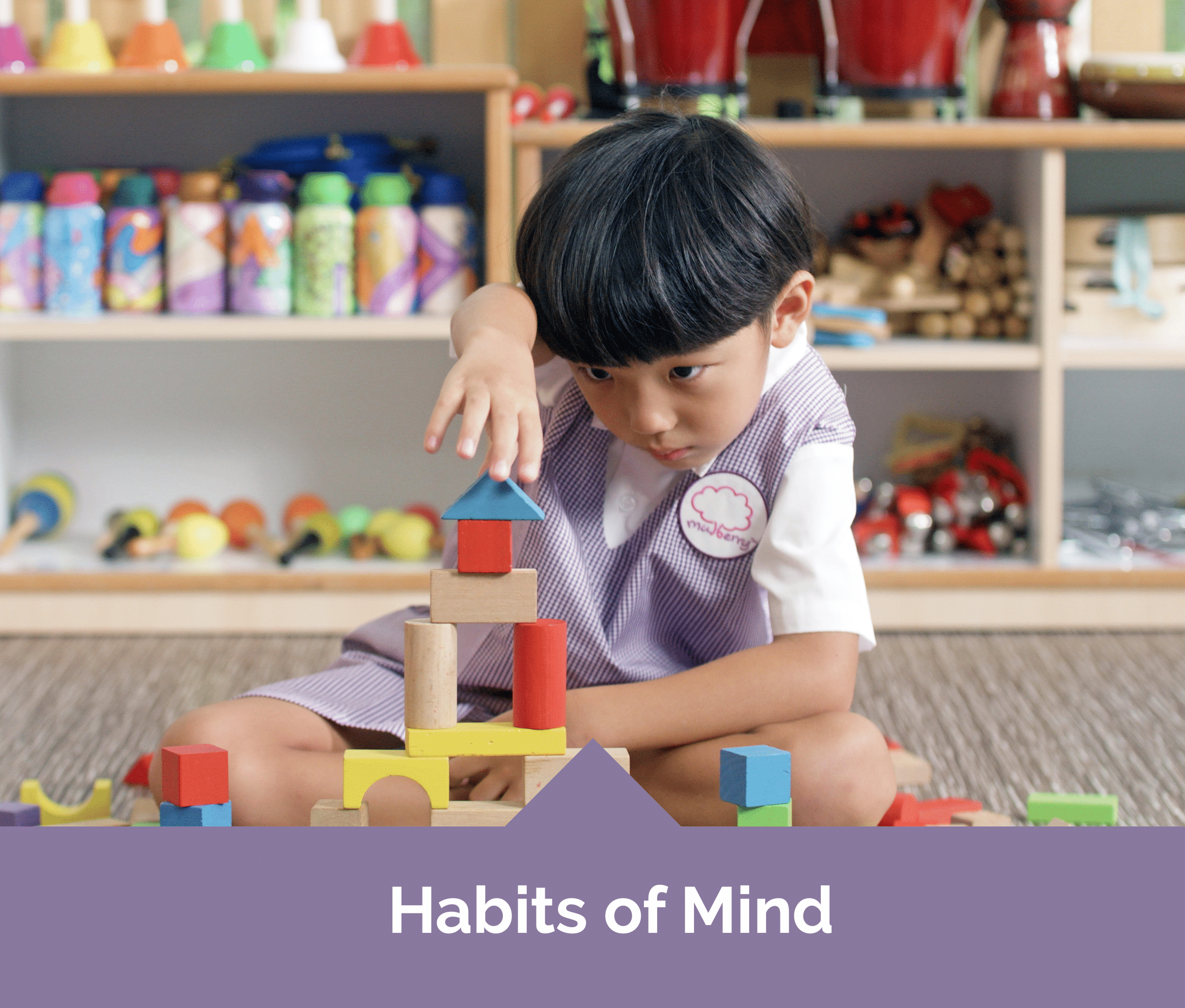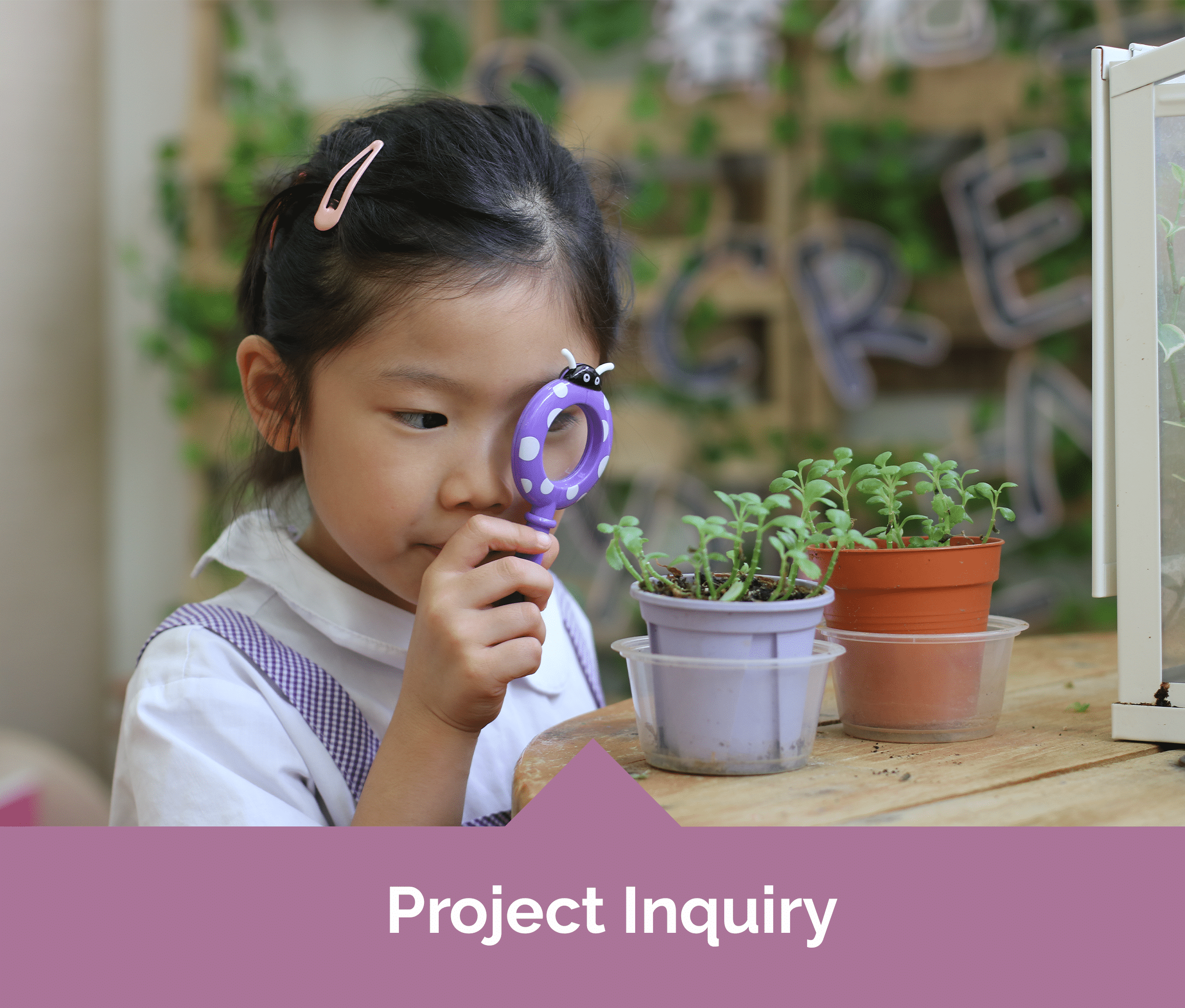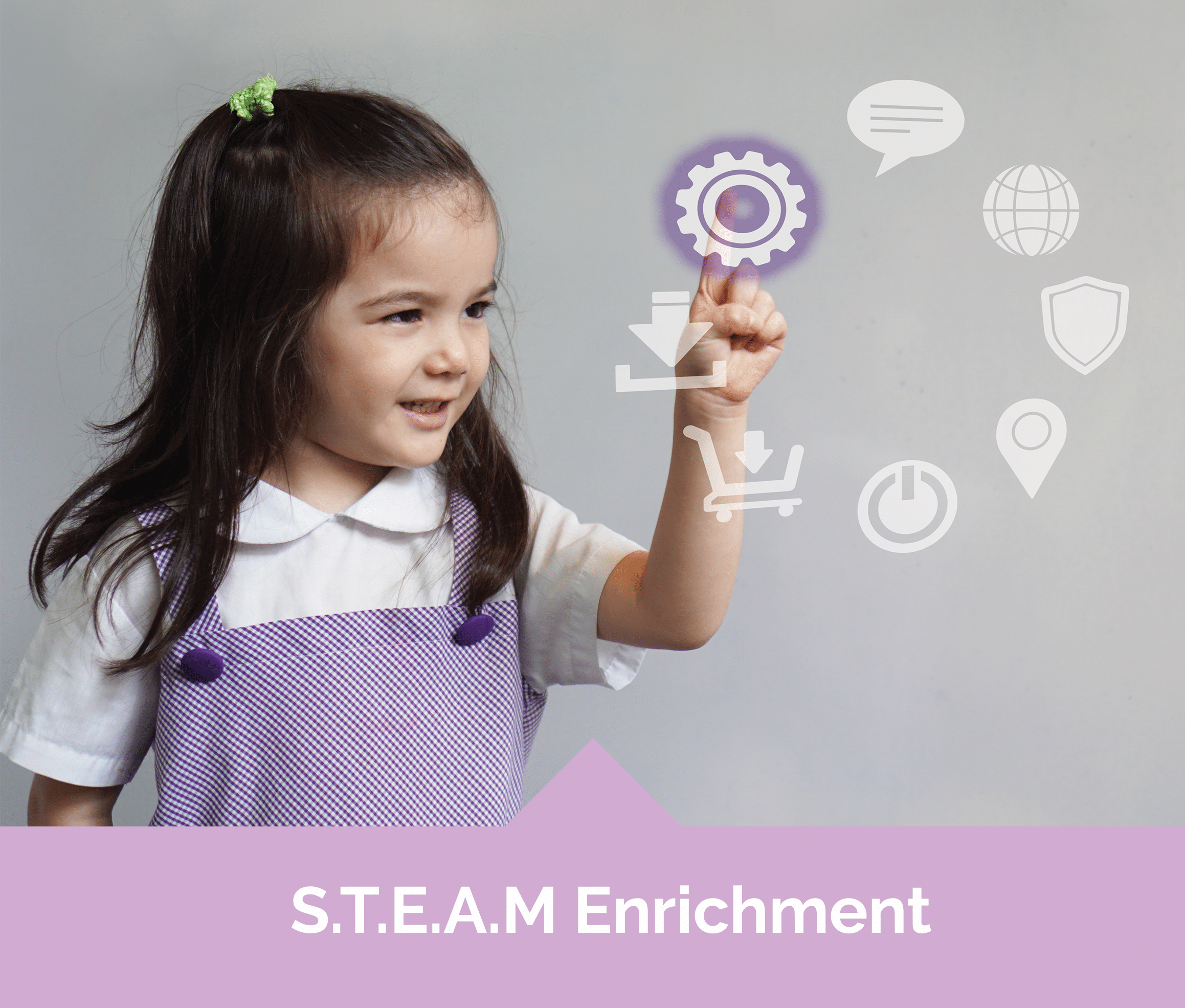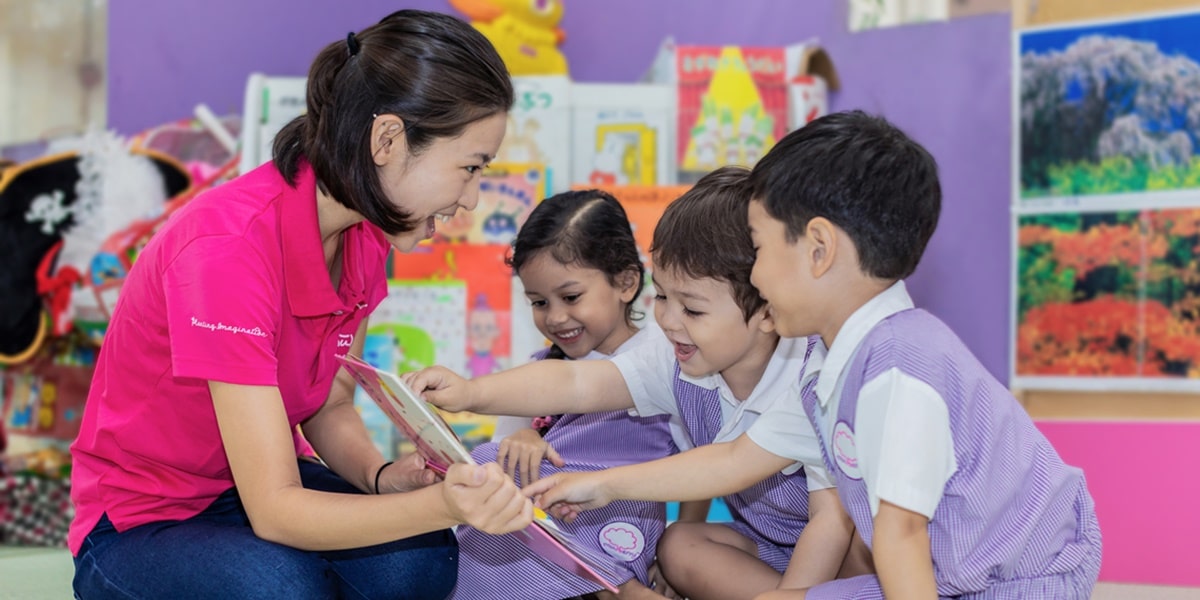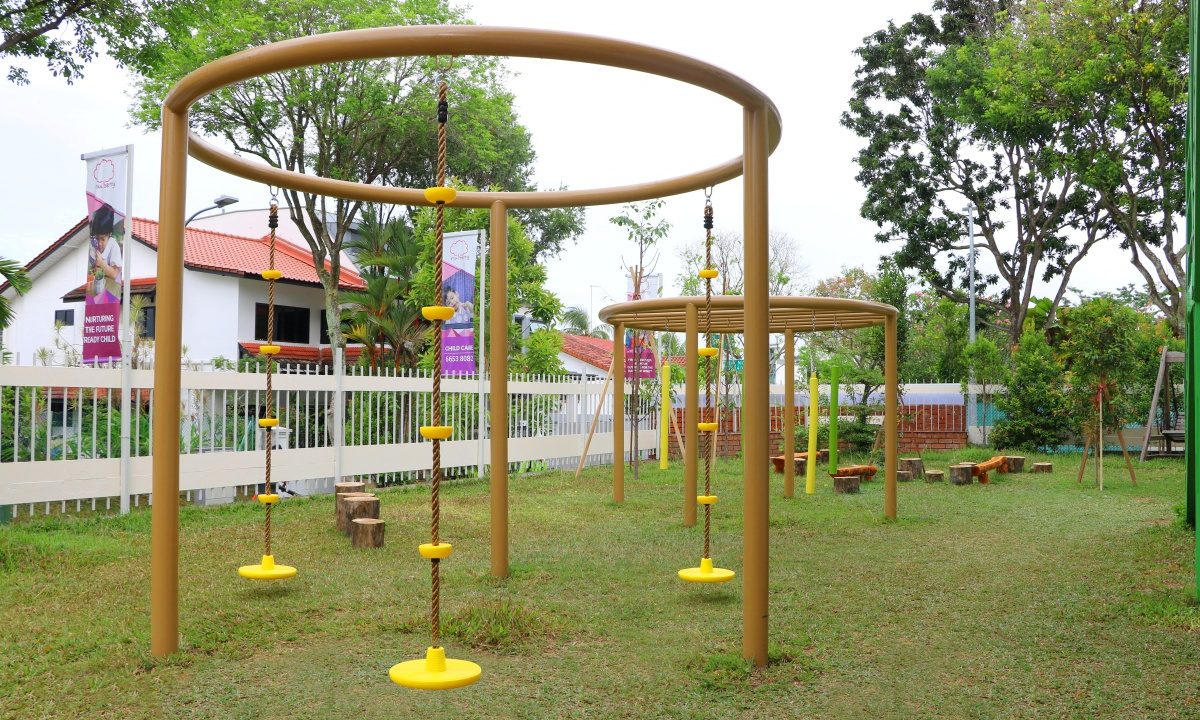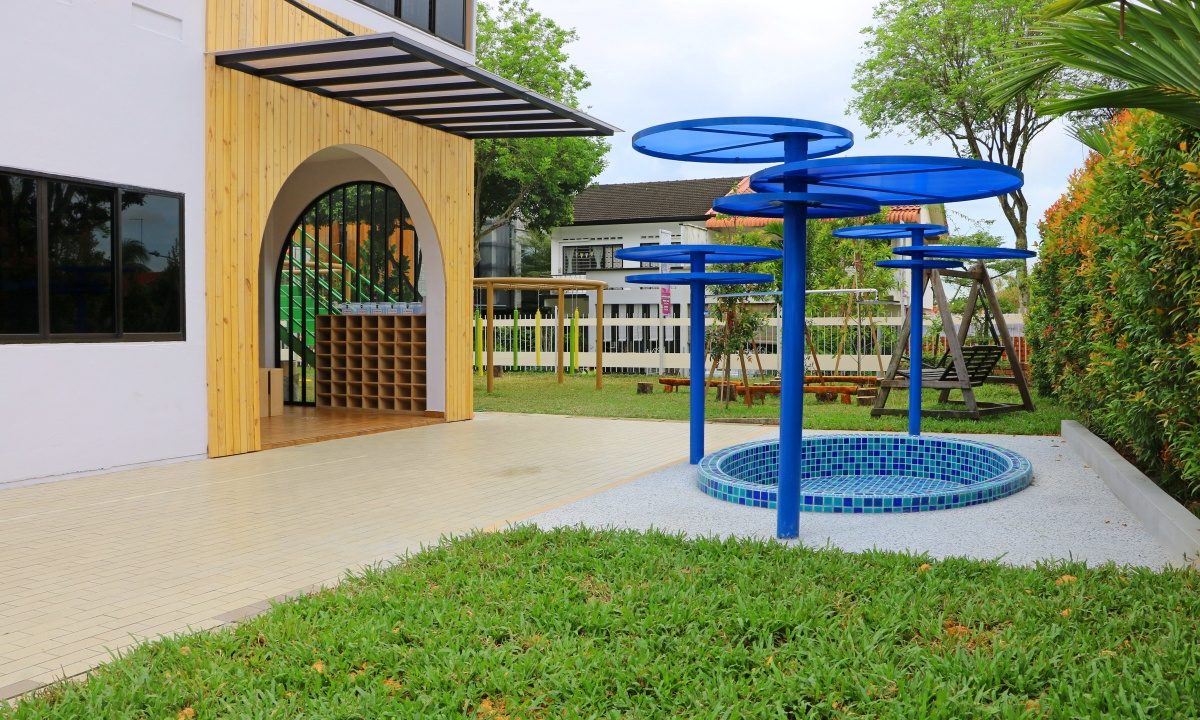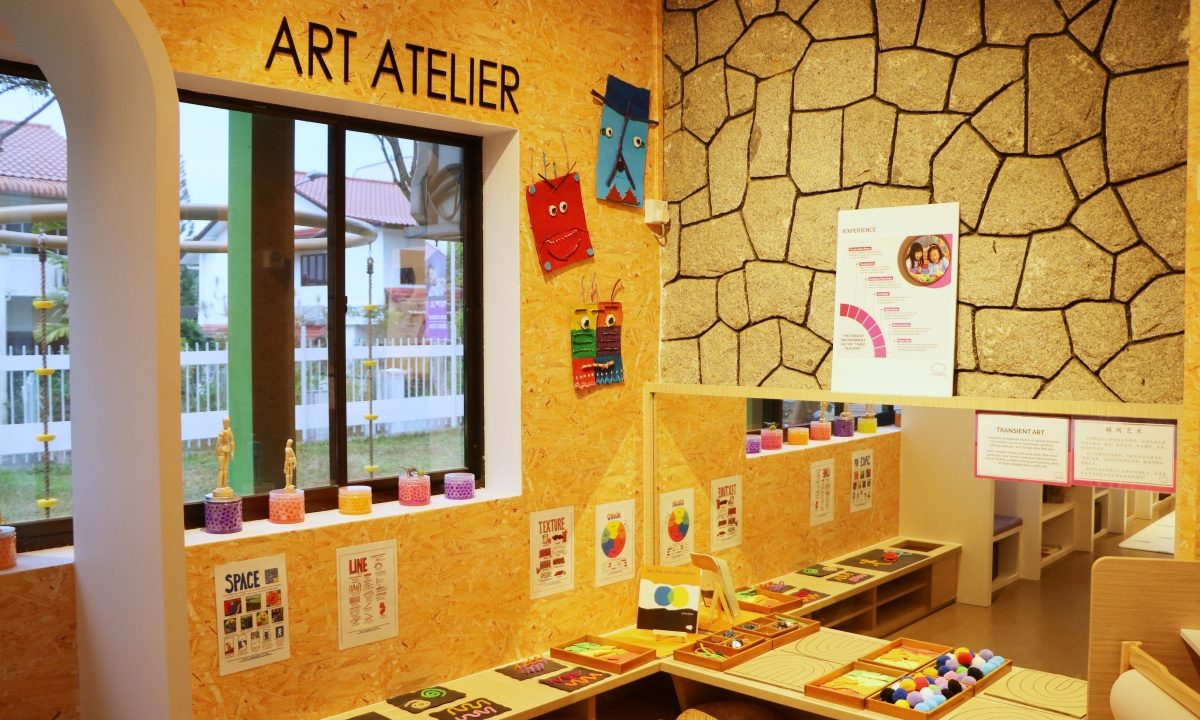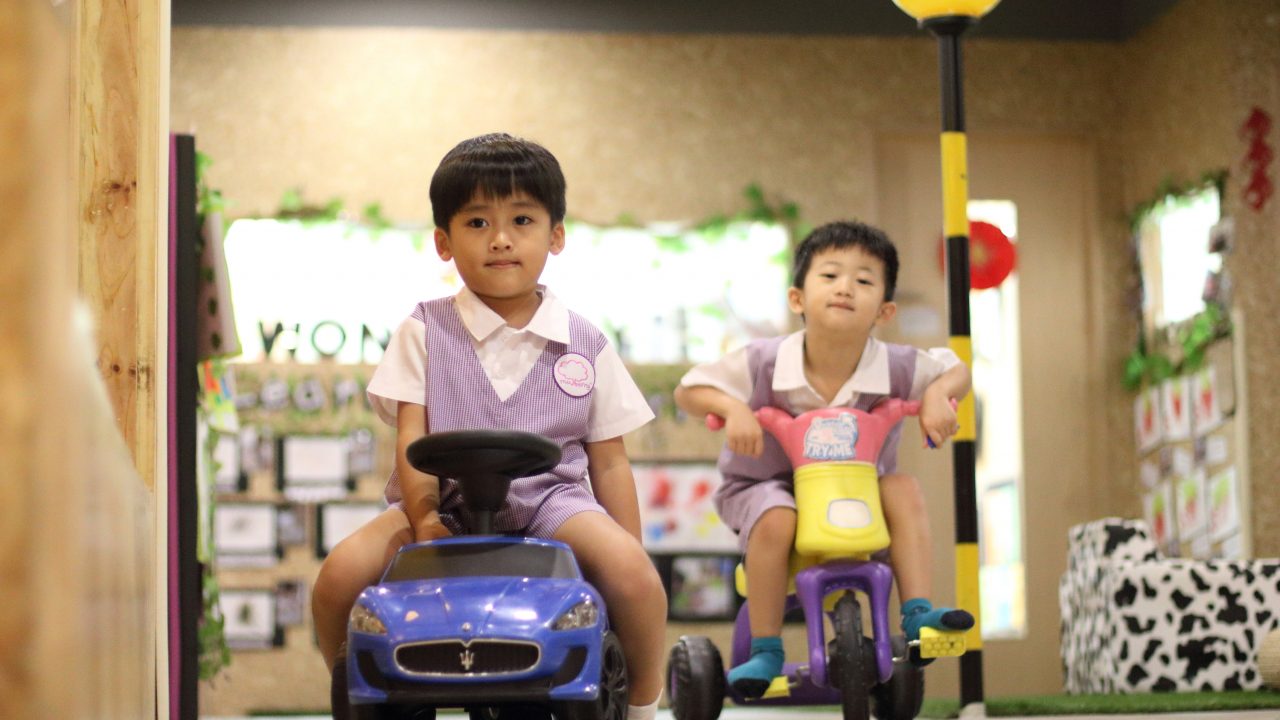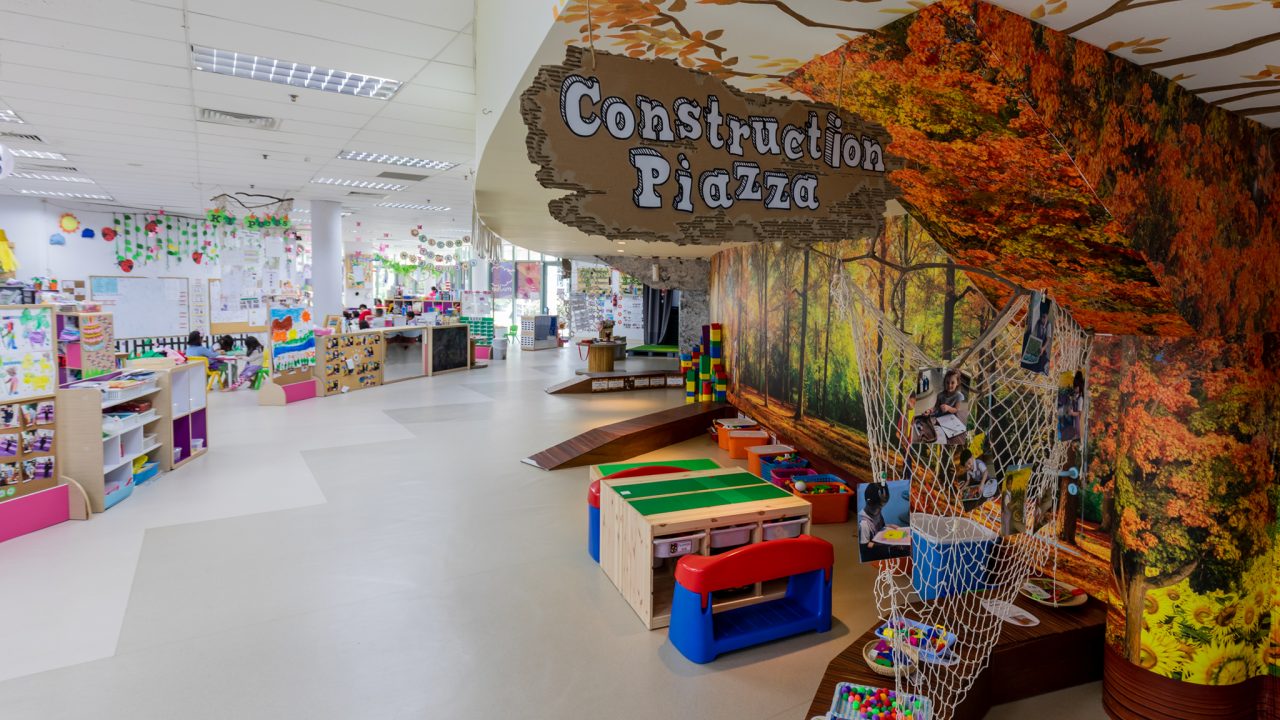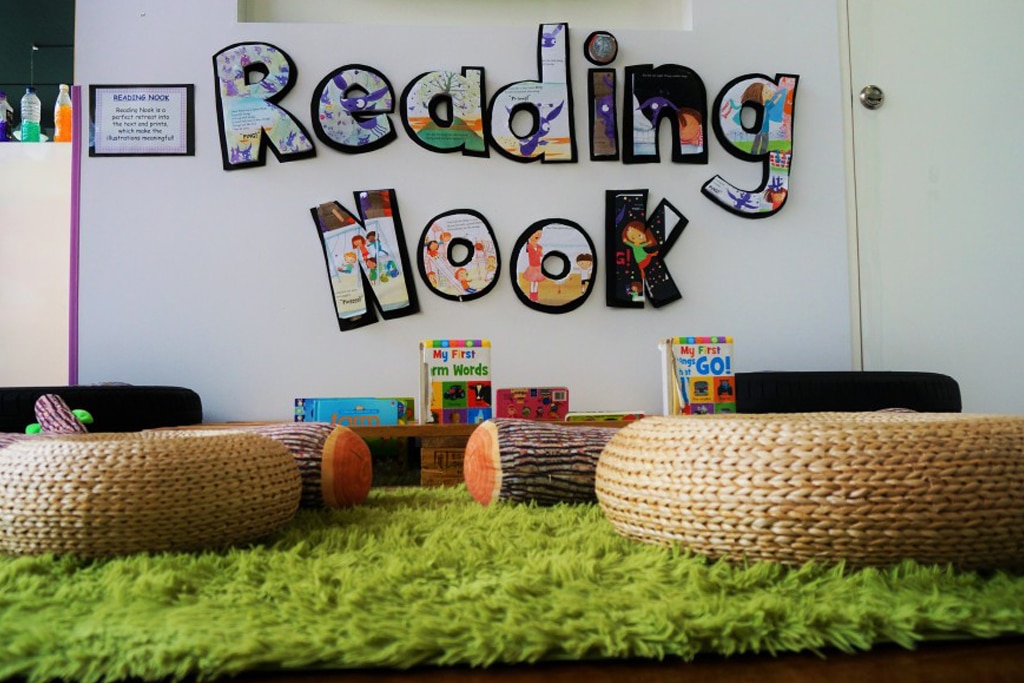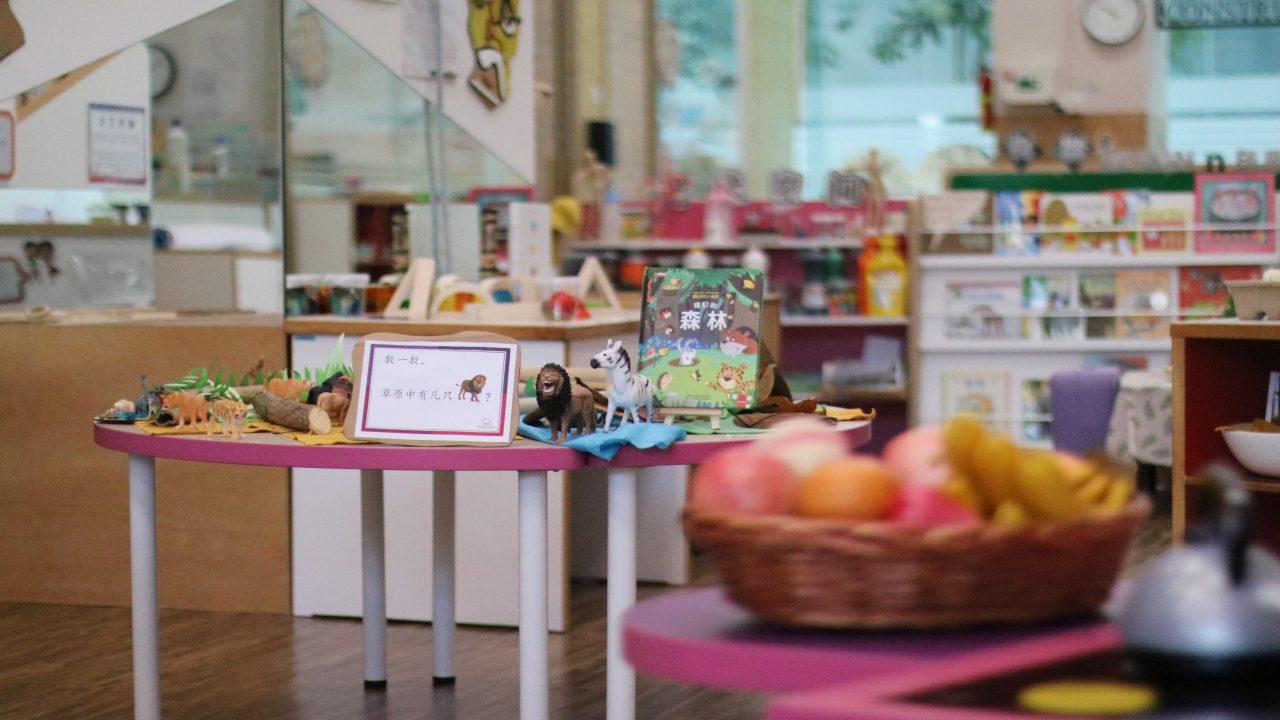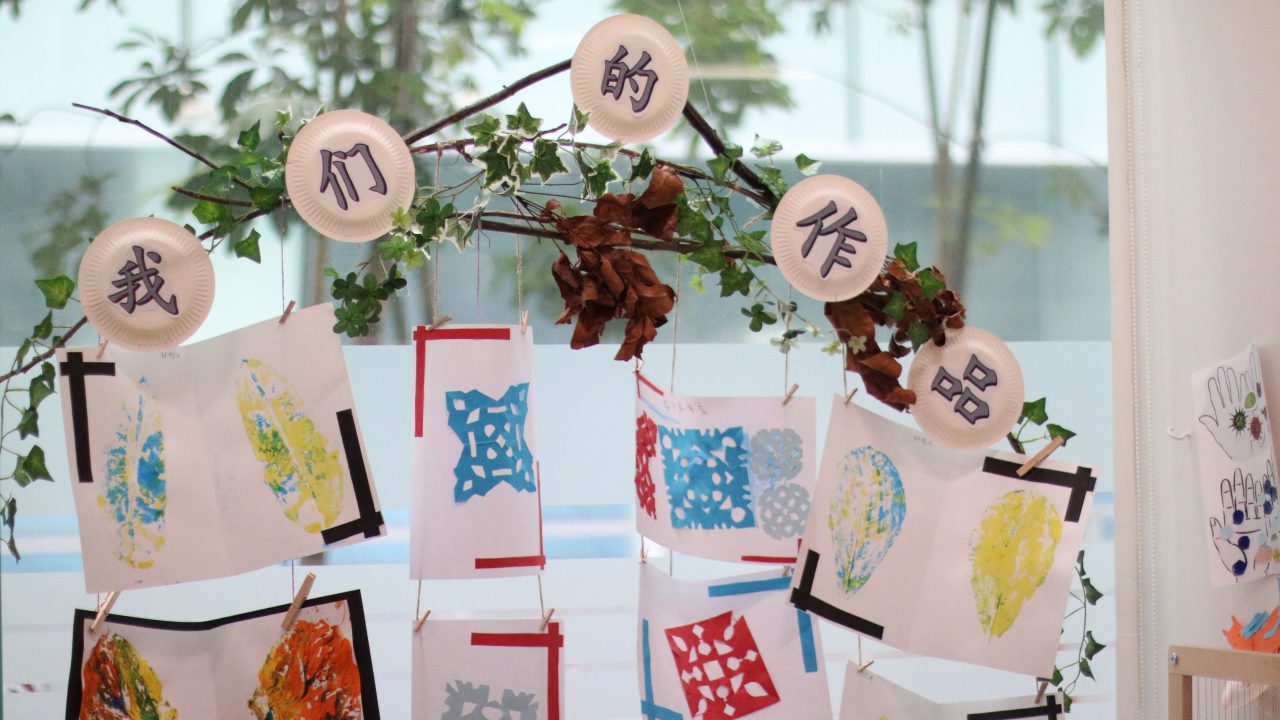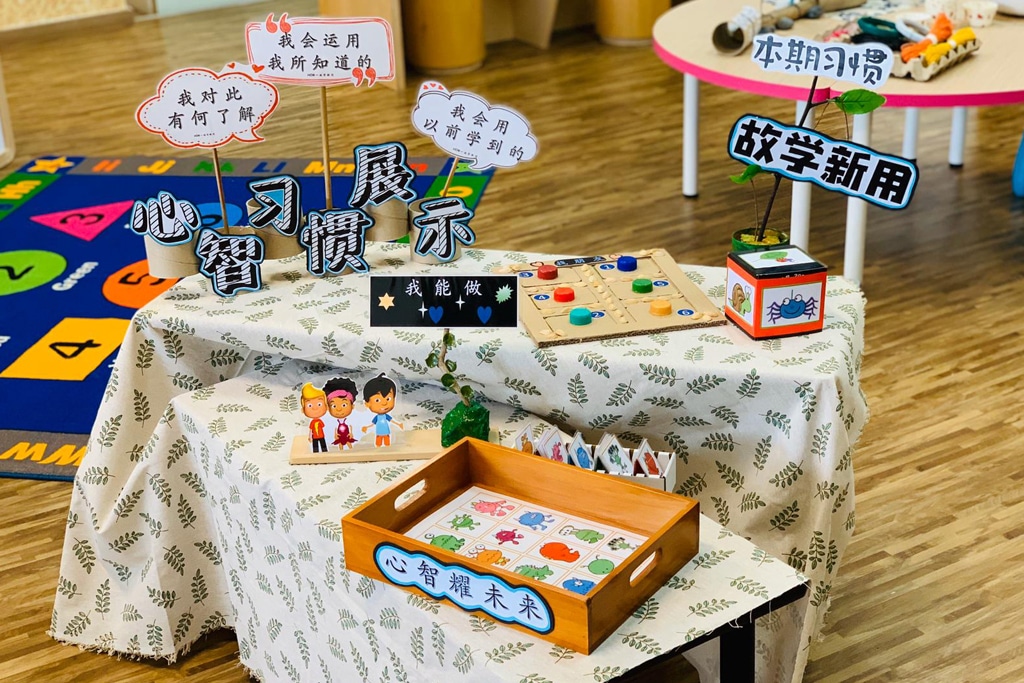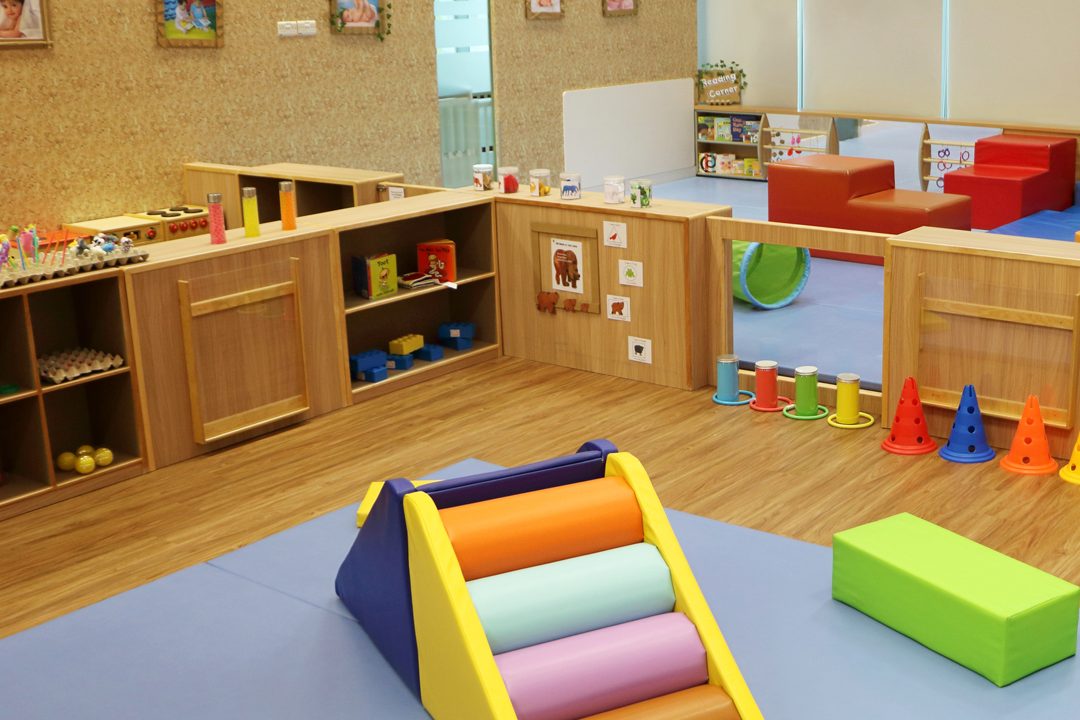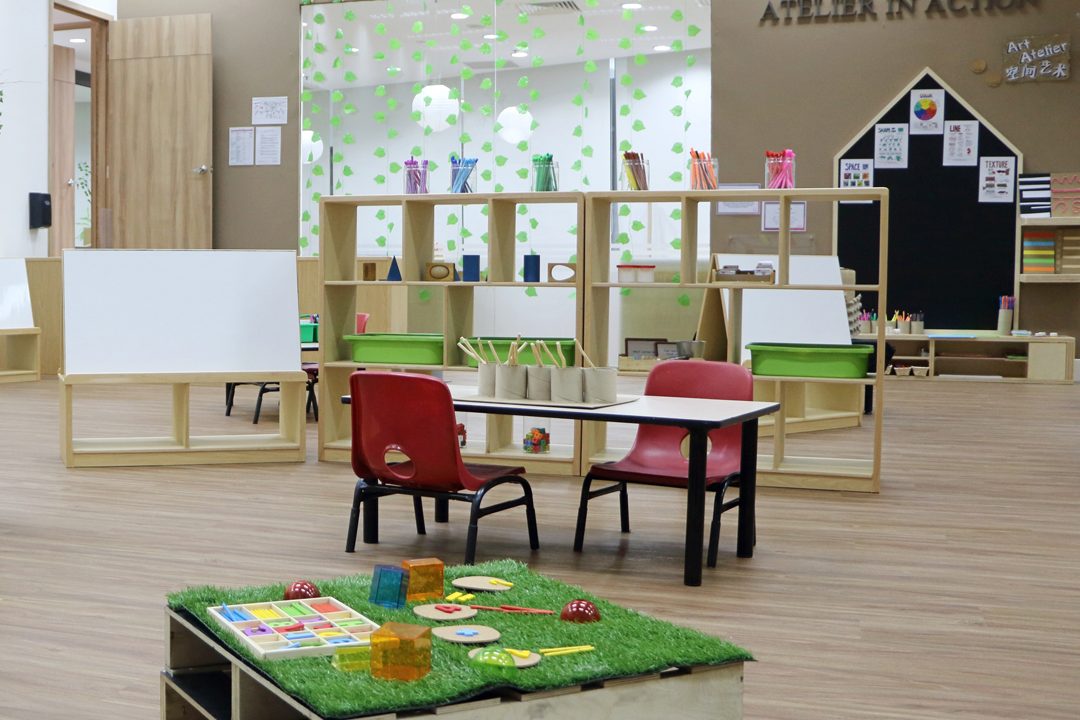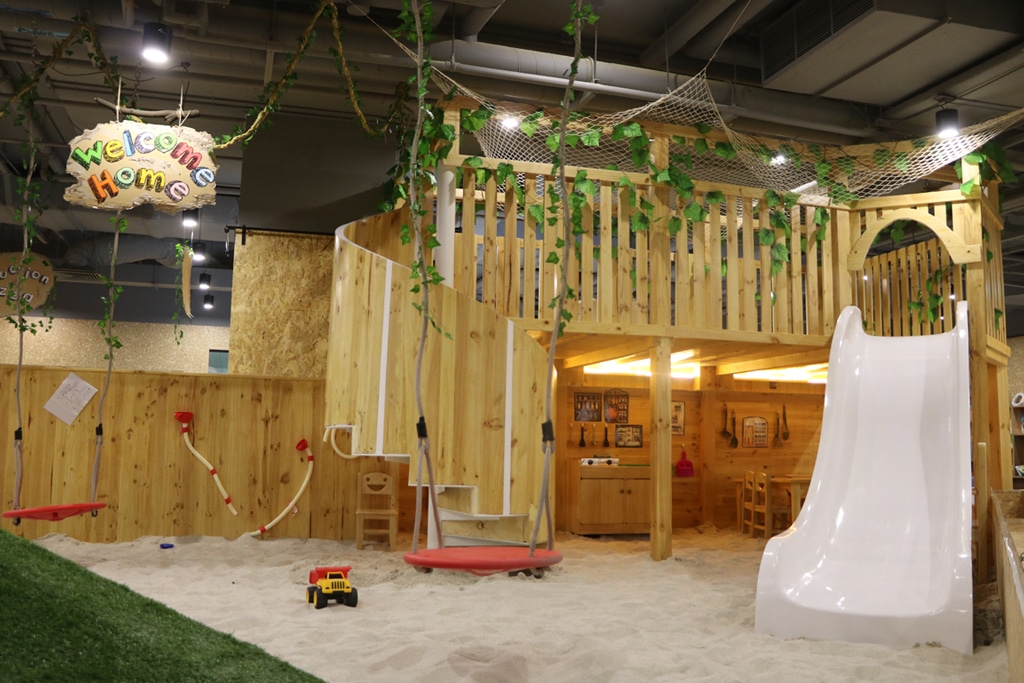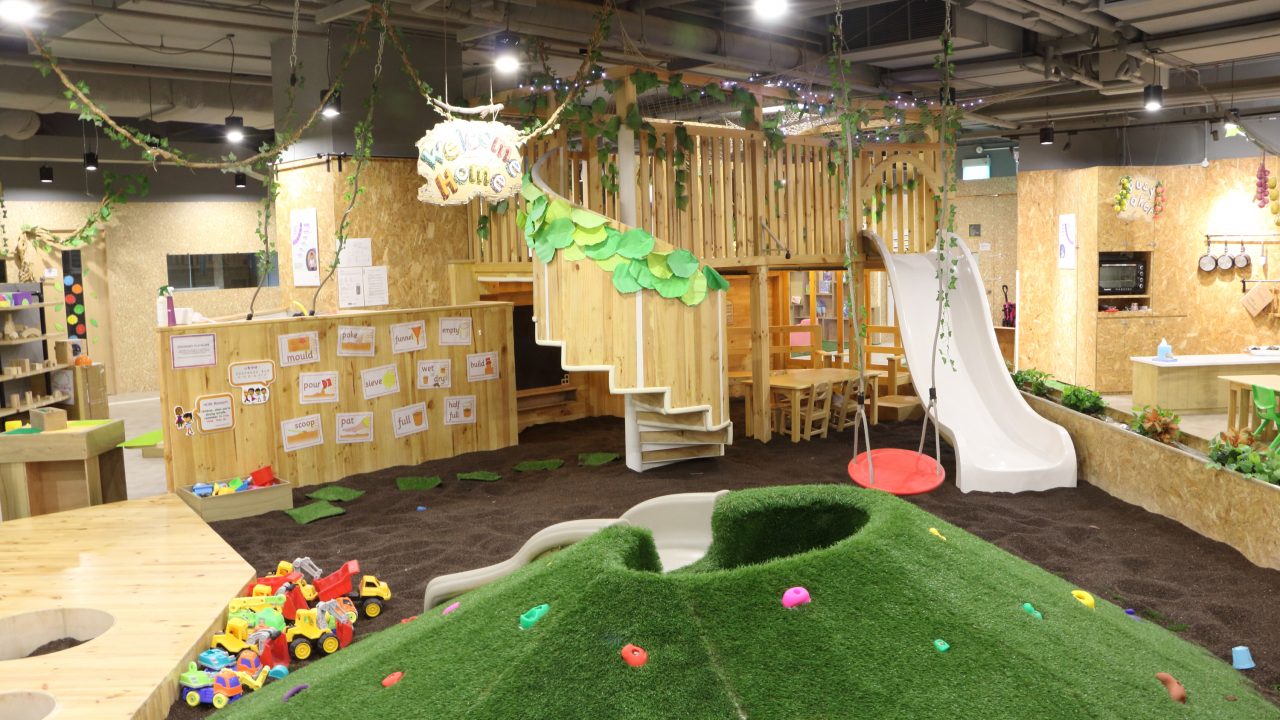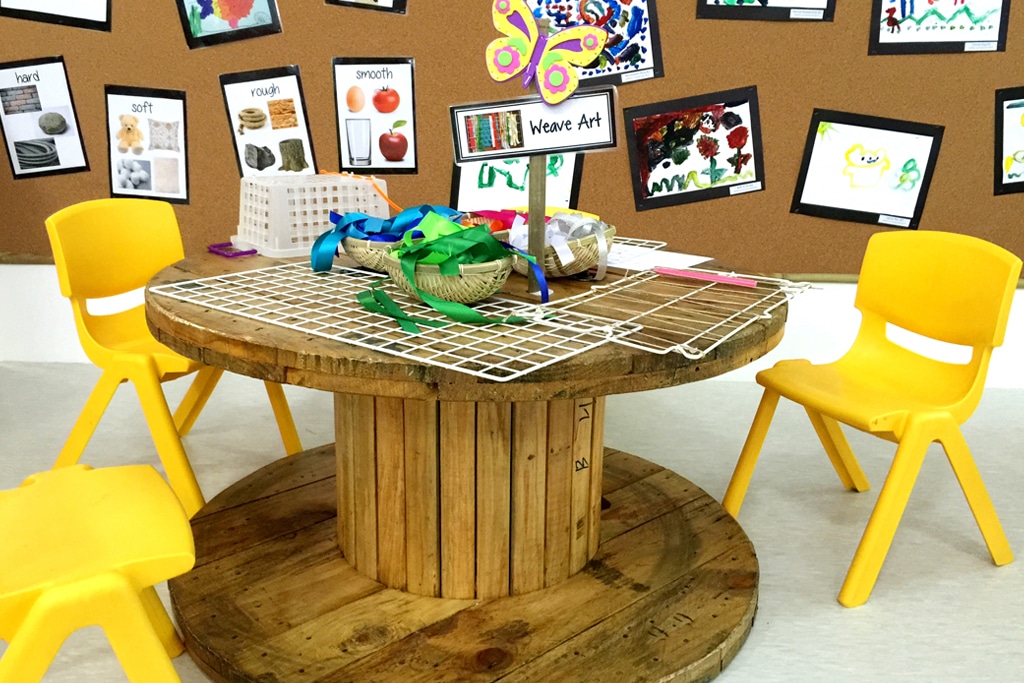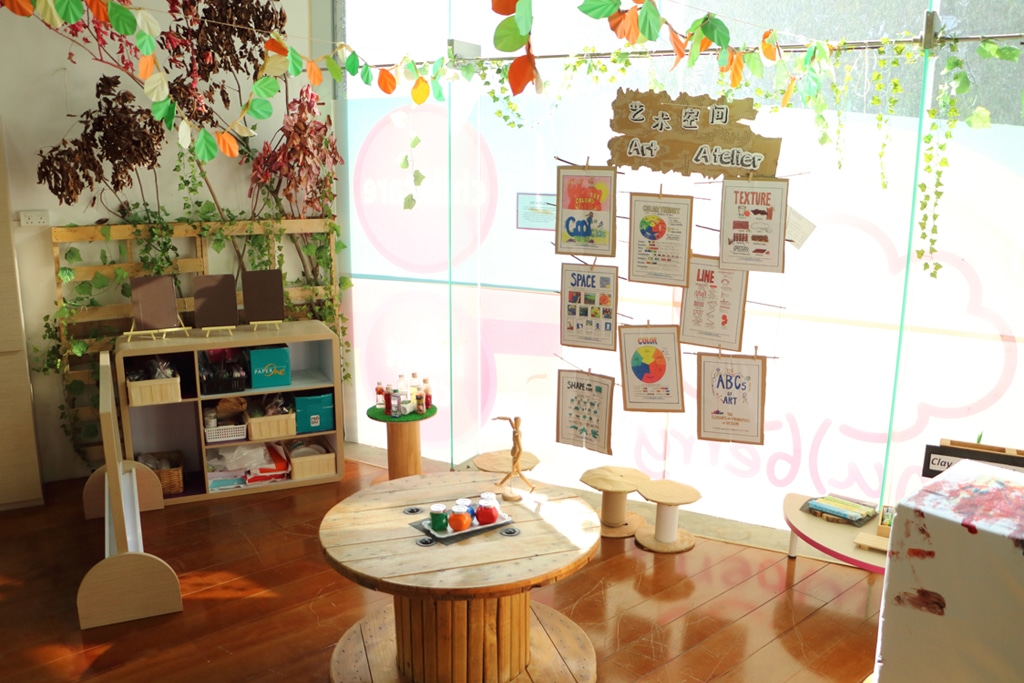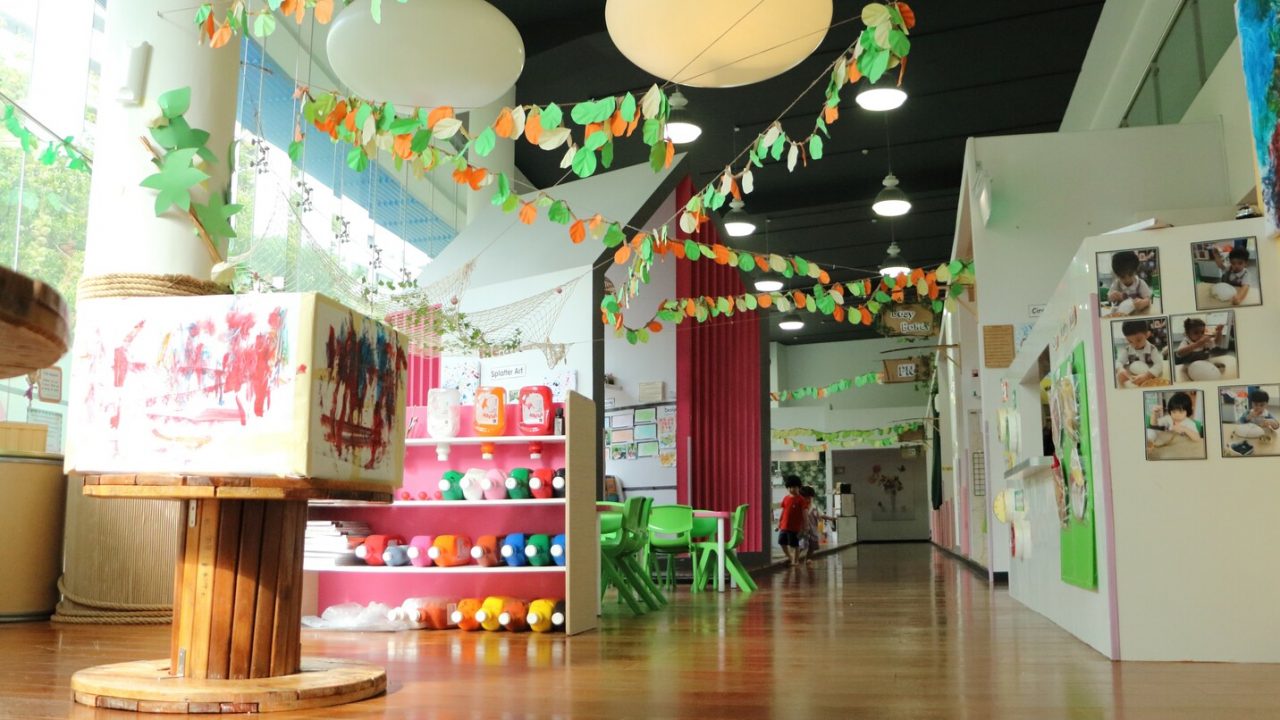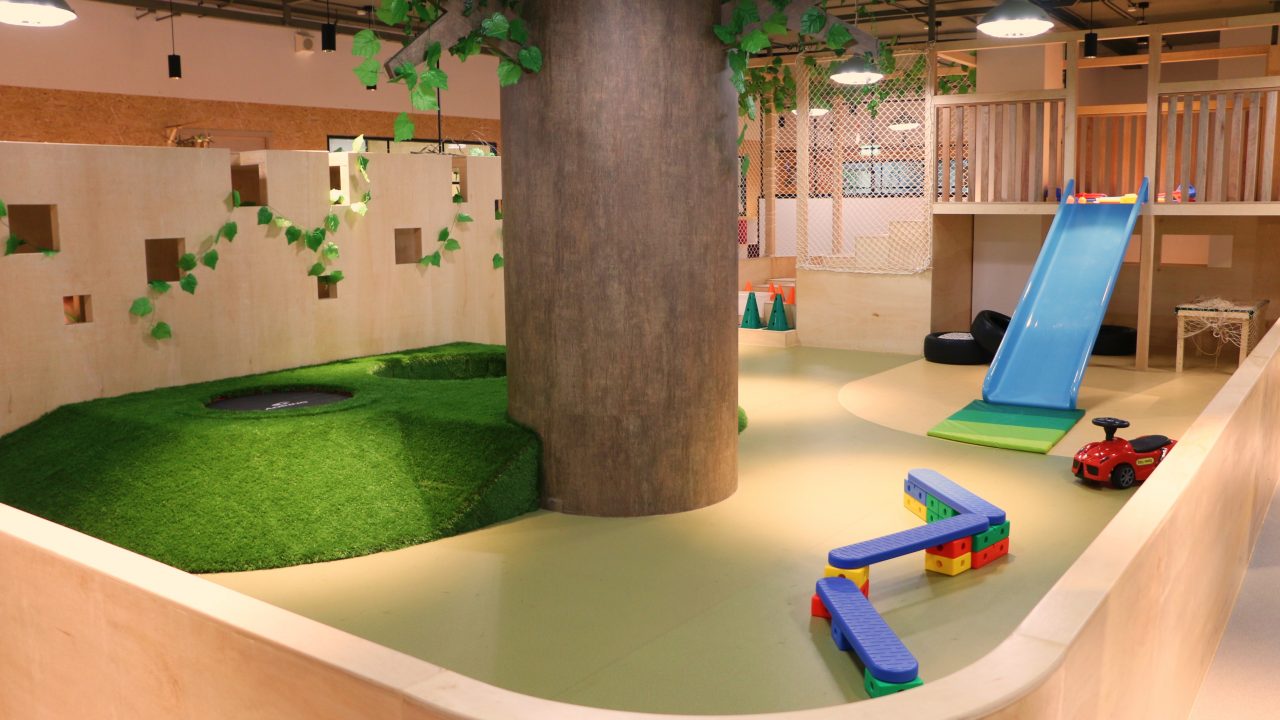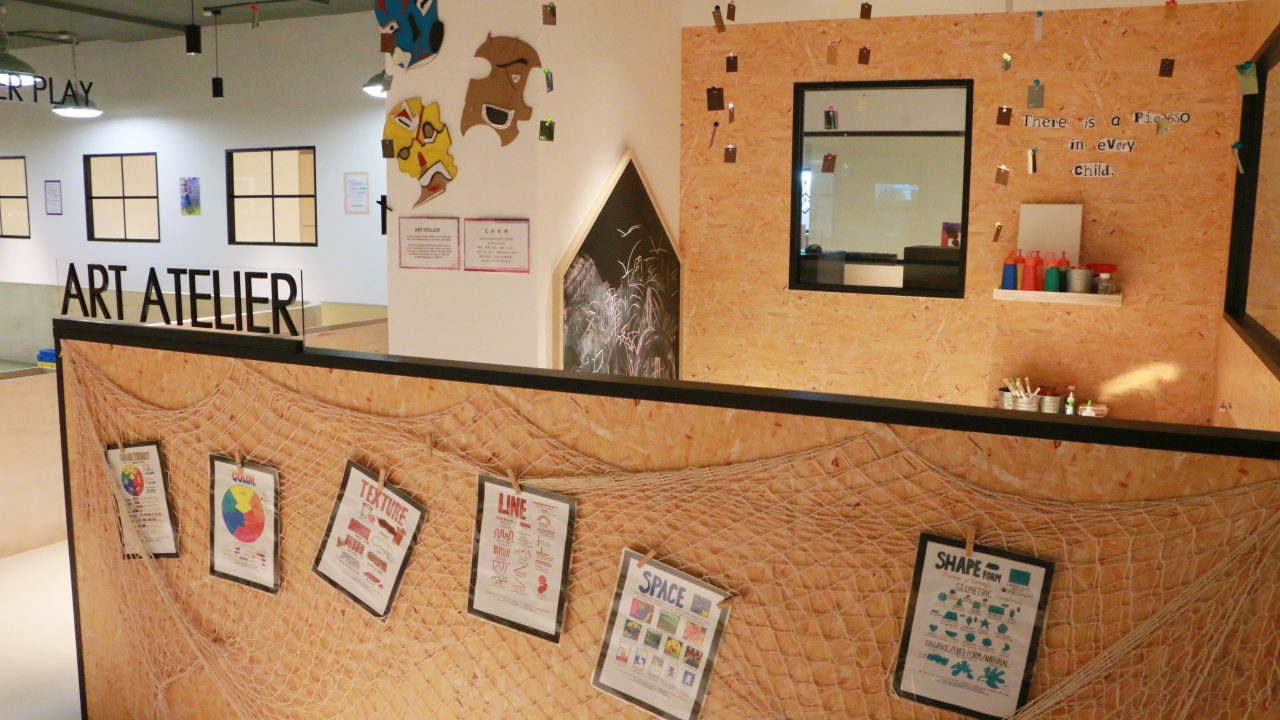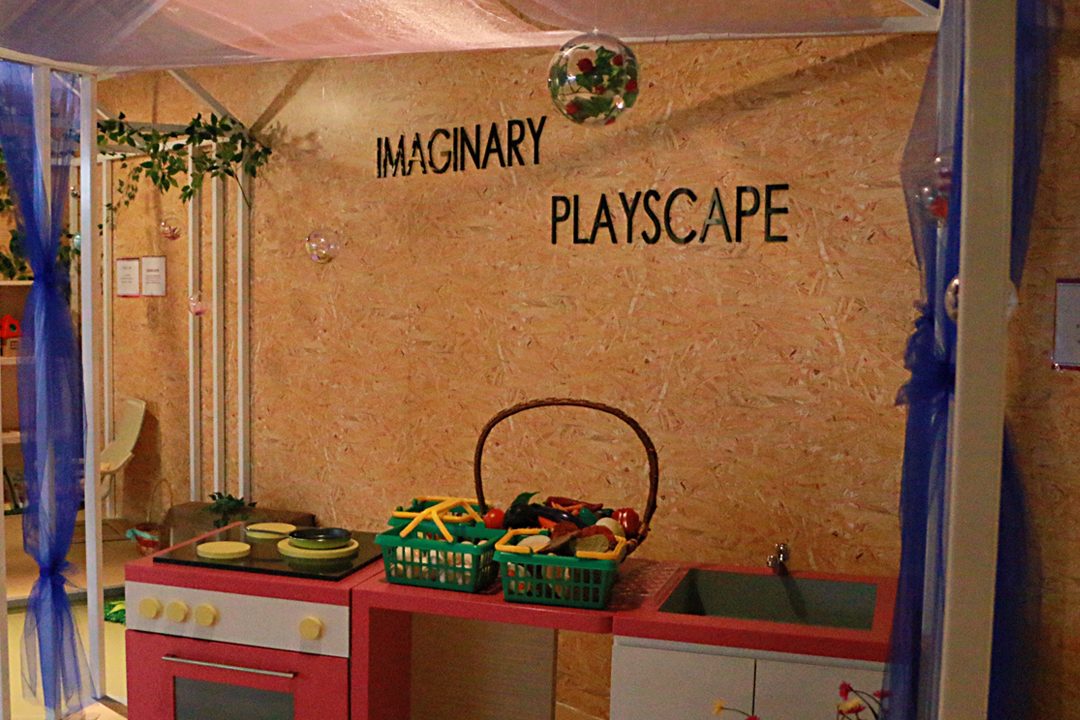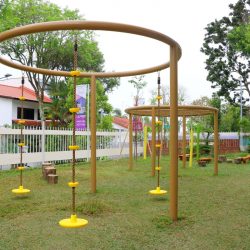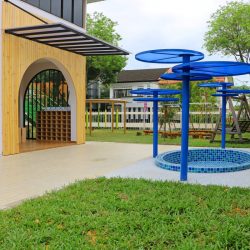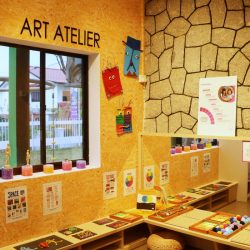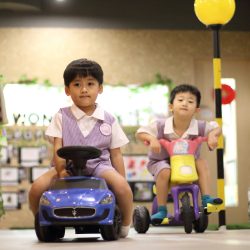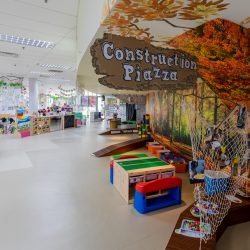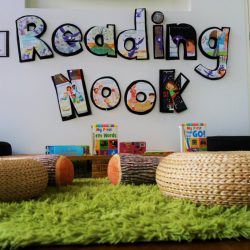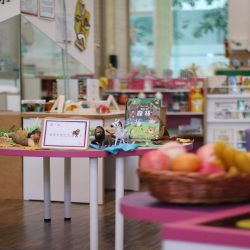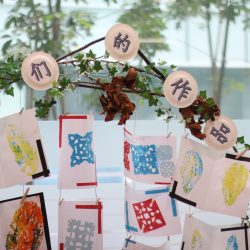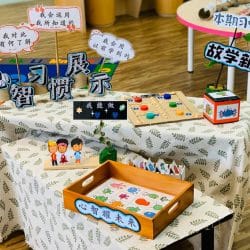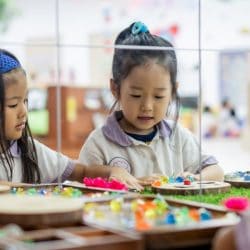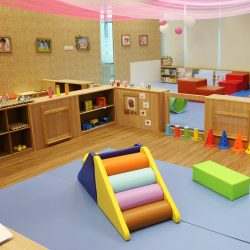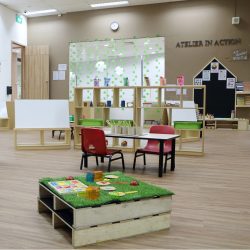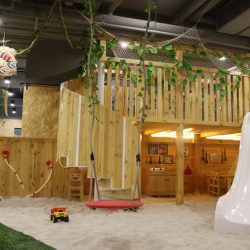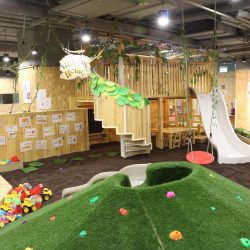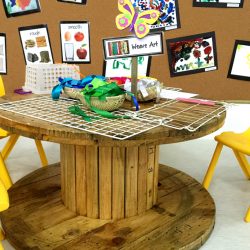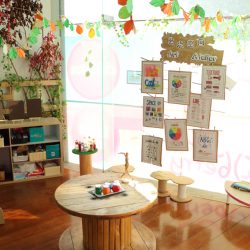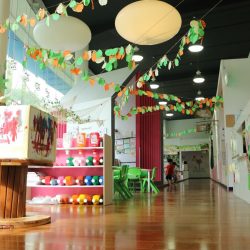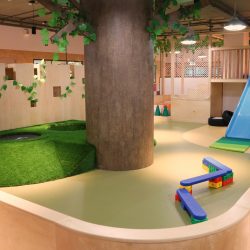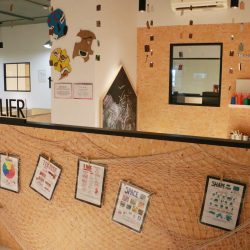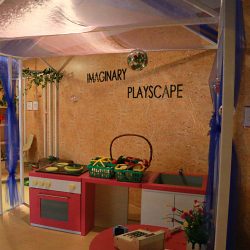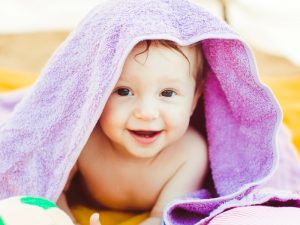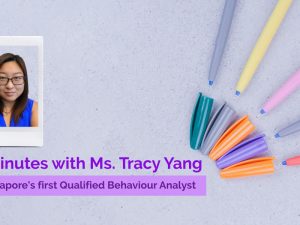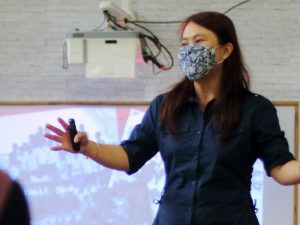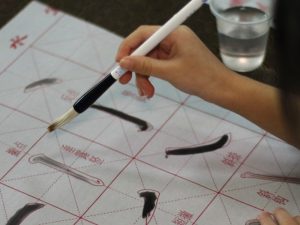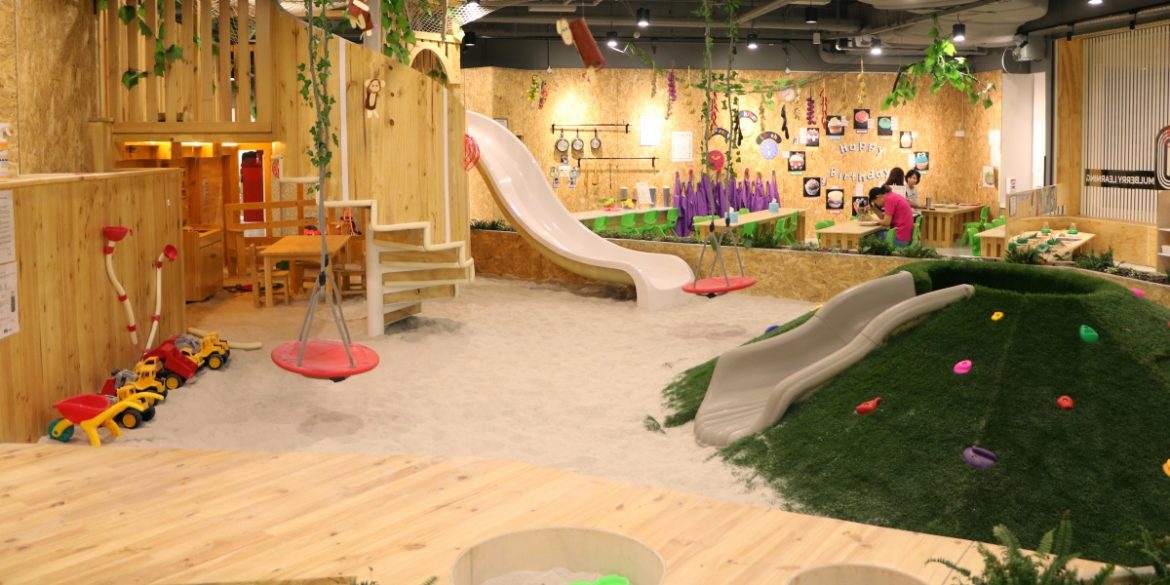
With over 1,500* childcare centres in Singapore, parents are often spoilt for choice as they explore preschools to find one that provides a caring, nurturing, and fun environment for their little ones. Here, we go through some of the factors you’ll want to take note of when selecting a preschool for your child.
If you’re a parent who is still wondering why there is a need for an early childhood education if you already have childcare options like a grandparent, nanny, or a domestic helper, read on to find out the benefits of an early childhood education!
*ECDA statistics as of April 2019
Why Is Childcare / Infant Care Necessary?
Although preschool is not compulsory in Singapore, it does provide several great benefits for a child.
“We want to start earlier in a child’s life because these years make a big difference to his development. A good preschool education can make a crucial difference” – PM Lee, 2019 National Day Rally
Important Skills Children Learn When Attending Preschool
Reading
Did you know that a large part of cultivating a love for reading starts from the early years?
Reading helps boost children’s language skills, ignite their imagination, exercise their brain, enhance their concentration, encourage a thirst for knowledge and enable them to develop empathy.
Nursery Rhymes
Research has shown that children who can recite 8 nursery rhymes by heart by the age of 4 years old tend to be better readers and spellers than their peers.
Learning these rhymes helps children develop language and literacy skills, boost their memory, pick up essential numeracy skills, and provide opportunities for interdisciplinary learning!
Learn Through Play
Little children need to play, in fact, lots of it!
Play is frequently seen as something children do for fun and that it is an enjoyable diversion from more productive tasks. But, in early childhood education, play is much more than that. At its core, play is all about learning and it is the way children instinctively learn essential skills and qualities they need as they develop: interpersonal skills, motor skills, and emotional development.
Gain Social Skills
Wondering why your child is so excited to head out of the house for a playdate? Children thrive off the company of their peers. They seek out friends because preschoolers are inherently social creatures.
Social skills are important elements in helping kids succeed socially, personally, emotionally, and even academically. These set of skills enable children to chime into conversations, work together with their peers, develop lasting friendships, ask for help when they need one, and much more.
According to Swiss psychologist Jean Piaget, learning happens in stages and children add more knowledge to their schemas as they interact with the real-world and have opportunities for trial-and-error.
Kindergarten, Childcare… What’s the Difference?
Are Playgroups, Childcare centres and kindergartens the same thing? Why do they go by different terms? Each of these early childhood learning centres focuses on a different aspect as they prepare your child for formal education.
Infant Care
(2 months to 17 months)
Besides caring for their psychological needs, Mulberry Learning’s Infant Care Programme encourages infants to be expressive mini-explorers as their navigate their way through beautifully-crafted learning spaces, discover how to play with classic toys, musical instruments, and textural materials.
Childcare
(18 months to 6 years)
Usually a full-day or half-day care arrangement, while some may also have flexi options. Curriculum in Childcare centres focus on developing a well-rounded individual. Academic knowledge is introduced to children, while also giving them opportunities to learn through play. Full meals, baths, and naps are factored into the day and are great options for dual-income working parents who do not have child care options.
Kindergarten
(usually 4 to 6 years)
Usually for children between the ages of 4 to 6, kindergartens focus more on preparing a child for formal education in primary schools. Lessons are about 3 to 4 hours a day where children learn how to essential literacy and numeracy skills.
Still perplexed by the difference between Childcare and Kindergarten? Our handy article will uncover all the differences!
Playgroup
These are less structured early learning environments than childcare centres which adopt play-based learning to allow children to interact and develop social skills with their peers.
Sometimes, playgroup is also used to describe children aged 18 months to 2 years in the Pre-Nursery learning stage. Toddlers at this learning stage are introduced to languages, numeracy, music and movement, aesthetics and creativity, motor skills and social interactions through fun activities like circle time, puppet play, sensory art, and imaginary play.
Early experiences play a huge role in the development of a child’s brain architecture and provides the basis for all future learning, physical, social, cognitive, and character development, and health.
How to Select A Childcare For My Child?
1. Location
Accessibility will be one of the first few factors to consider when choosing a preschool for your little one. Most parents will look for a preschool either close to their homes or their work places. Some busy parents may also wish to send their child into a childcare centre near their grandparents so that they would have someone to fetch their kids upon dismissal in the evening.
Mulberry Learning has 11 preschools across Singapore and there’s certainly one in your neighbourhood or work place! Parents working in the CBD will find our centre at Shenton Way convenient and we also have another branch at Tanjong Pagar Plaza.
2. Curriculum
With so many different preschool approaches in Singapore, you may just be puzzled when looking at a childcare for your little ones.
Early Education Approaches
Montessori, Reggio Emilia, Multiple Intelligences approaches seem like daunting big words to new parents. While it is good to read up on these various early educational approaches and frameworks, it is important to find one that best suits your child. The best one may just be a unique blend of these frameworks!
For instance, Mulberry Learning’s proprietary curriculum features best-in-class global pedagogies like Habits of MindTM, Reggio-Inspired Project InquiryTM, and Multiple Intelligences.
Read more about 5 Preschool Teaching Methods in Singapore To Consider
Mulberry Learning’s Signature Programmes
3. Language Programme
With the increasing emphasis on Chinese, English-speaking families may wish to send their child to a Chinese Preschool so that they can be immersed in a Mandarin-rich environment. This helps them to raise effectively Bilingual children that will do well in the future world!
Chinese preschools integrate the Mandarin language into the child’s daily routine and makes learning the language a delight! Kids gain better exposure to the language as they learn, play, listen, sing, dance and interact with the teachers and their peers in Mandarin. Children also gain a deeper understanding of the language while they engage in a myriad of fun activities to learn about the amazing arts, literature, philosophy and festivals of one of the oldest cultures in the world.
Find out more about the difference between a Bilingual Preschool and Chinese Preschool!
4. Teachers
Educators play an important role in a child’s learning and development. Teachers nurture, inspire, care and guide children to achieve their growth milestones. Parents will also want to ensure that qualified educators, who are dedicated, passionate, and enthusiastic about teaching children, look after their little ones.
With over 250 hours of extensive training, Mulberry Learning’s teachers embody and impart our Reggio-Inspired Curriculum that supports child-centric learning.
Parents should also bear in mind the class sizes of each early education centres. While all of them adhere to the ECDA teacher-to-child ratio. Smaller classes may also mean teachers can take better care of each individual child.
At Mulberry Learning, we believe in the beauty of small. Class sizes are kept small to enable effective small group teaching and better care of each individual child. The teacher-to-child ratios for each age group are as follows:
- Infant – 1 : 3
- Playgroup – 1 : 6
- Nursery 1 – 1 : 8
- Nursery 2 – 1 : 10
- Kindergarten 1 – 1 : 12
- Kindergarten 2 – 1 : 15
5. School Experience
6. Financial Consideration
School Fees
School fees generally vary depending on the residency status, location of the school, teaching pedagogy, and whether the preschool is privately owned or government operated. Fees also vary for Infant Care and Child Care services.
As a guide, fees for full-day child care programmes for privately-owned preschools generally range from $1000 to $2000+ per month, with some even going as high as $4000+.
Here are some examples of private child care providers in Singapore:
To provide affordable and quality early childhood care, the Early Childhood Development Agency (ECDA) has introduced the Anchor Operator (AOP) and Partner Operator (POP) schemes. Both receive government grants and have their monthly fees capped at a range from $720 to $800 to ensure affordability for Singaporean children. Disparity in fees are usually attributed to factors such as teacher to student ratios, teaching methodology and philosophy, school facilities and also the convenience of location and more.
Find out other costs you’ll have to fork out when enrolling your child in a preschool.
Government Subsidies
Singaporean children who are enrolled in childcare licenced by ECDA are eligible for subsidies on their Childcare fees. The subsidies given are dependent on their parents’ employment status and the programme that they are enrolled in.
These subsidies include a Basic Child Care Subsidy and to provide more relief to eligible lower income families, there is the Additional Child Care Subsidy.
Though Kindergarten fees are not subsidised, there is a Kindergarten Fee Assistant Scheme (KiFAS) which provides financial assistance for families whose gross monthly household income is $12,000* and below. The KiFAS Start-Up Grant (SUG) is also available for families with monthly household of up to $1,900, helping to cover the initial costs of enrolling a child in a kindergarten, such as the registration fee, deposit, school uniforms, insurance, education material fee, and supplementary fee.
*Figure is before CPF deduction and includes bonuses, commissions, overtime pay and allowances.
For more information on government subsidies and financial assistance, click here.
About Mulberry Learning
Established in 2006, Mulberry Learning is an award-winning Reggio-inspired preschool with 11 locations around Singapore. Mulberry Learning is the world’s first and only preschool network certified by the USA for the Habits of MindTM framework, and its curriculum has been voted as “Singapore’s Best Holistic Learning Programme” for 3 years running by leading parenting publications.
Hear What Parents Say
Exclusive Promotion
Book a virtual tour with Mulberry Learning to find out how its award-winning curriculum can help prepare your child for his or her Primary years and beyond! Explore our beautifully crafted Reggio-inspired learning spaces from the comfort of your own home with our Virtual School Tours!


